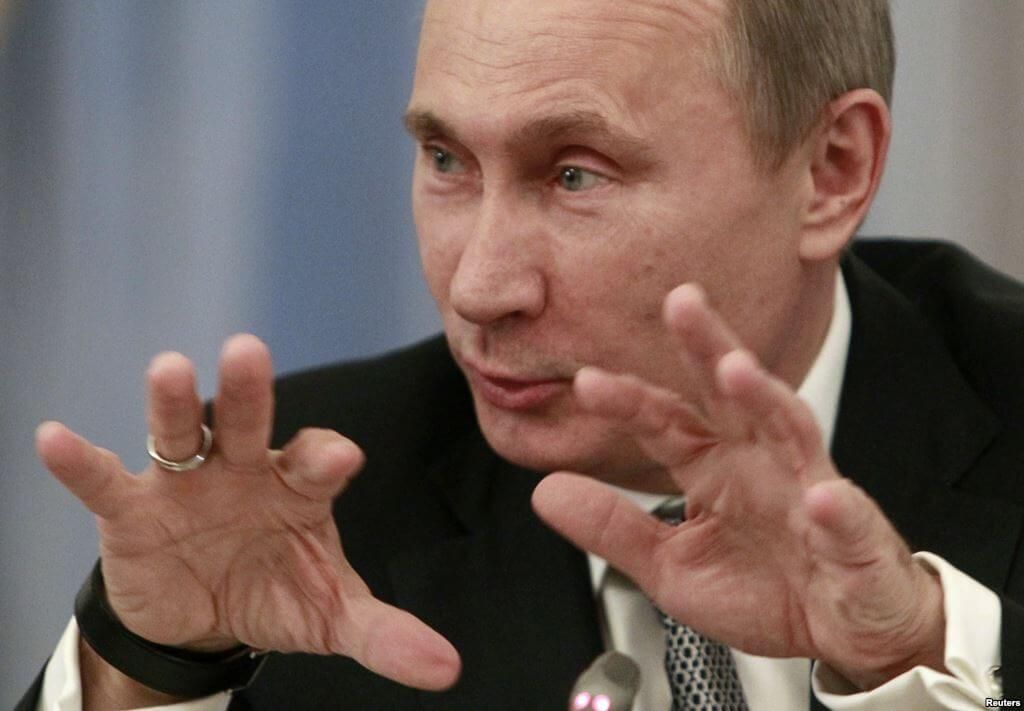 Everything you need to know about today’s coverage of Israel and the Mideast. Join the Israel Daily News Stream on Facebook.
Everything you need to know about today’s coverage of Israel and the Mideast. Join the Israel Daily News Stream on Facebook.
Today’s Top Stories
1. The LA Times reports that the US and Iran are “moving behind the scenes toward direct talks.”
President Obama reportedly reached out to Iran’s relatively moderate president, Hassan Rouhani, through an exchange of letters in recent weeks. The pragmatist cleric is scheduled to address the United Nations General Assembly on Sept. 24, and after years of the United States cold-shouldering his ultraconservative predecessor, U.S. officials say it’s possible they will meet with Rouhani on the sidelines.
Beyond that, U.S. and Iranian officials are tentatively laying the groundwork for potential face-to-face talks between the two governments . . .
Analysts say Iran is trying to avoid having the Syrian chemical weapons crisis damage prospects for a potential resolution of Tehran’s nuclear standoff with the West.
 2. With Syria giving up its chemical weapons, will Israeli defense programs face similar scrutiny? Haaretz writes:
2. With Syria giving up its chemical weapons, will Israeli defense programs face similar scrutiny? Haaretz writes:
In the past few days, Foreign Ministry officials note, senior Russian officials have repeatedly drawn a connection between Syria’s chemical weapons and Israel’s military capabilities . . .
Israel signed the Chemical Weapons Convention in 1993, but never ratified it. Consequently, it hasn’t agreed to submit itself to international inspections or to refrain from steps that would violate the convention.
Foreign Ministry spokesman Yigal Palmor told Haaretz on Wednesday that Israel would not ratify the Chemical Weapons Convention as long as other states in the region with chemical weapons refuse to recognize Israel and threaten to destroy it.
Like Syria, Egypt never signed the convention and has chemical weapons.
3. On orders from Hamas, Gaza mosque preachers will now bash Israel, not Egypt, reports Reuters:
“Preachers should avoid speaking of the internal affairs of Egypt and focus on our Palestinian national issues and our struggle for the liberation of our land and the freedom of our prisoners (held by Israel),” said Ismail Rudwan, the Hamas-appointed religious affairs minister in Gaza.
While we’re on the subject, Egypt banned 55,000 unlicensed preacher creatures.
4. BBC & Sky News Commentator Laments Loss of Syrian Chemical Weapons: Why do the BBC and Sky News keep Abdel Bari Atwan on board as a regular guest commentator?
The Syrian Situation
• According to media reports, Russia gave the US a four-step plan for the removal of Syria’s chemical weapons.
Kommersant, which is known for its strong foreign ministry sources, said that who would physically destroy the weapons has yet to be decided but it was not excluded that the United States and Russia could do this jointly.
• Foreign Policy: The UN inspectors’ report due to be published next week “will not directly accuse the Syrian regime of gassing its own people.”
But it will provide a strong circumstantial case — based on an examination of spent rocket casings, ammunition, and laboratory tests of soil, blood, and urine samples — that points strongly in the direction of Syrian government culpability.
• U.S. Backing of Russian Plan Leaves a Wary Israel Focusing on Self-Reliance
• Vladimir Putin took his case against intervention directly to the American public with a NY Times op-ed. I’m touched by his concern for Israel:
No one doubts that poison gas was used in Syria. But there is every reason to believe it was used not by the Syrian Army, but by opposition forces, to provoke intervention by their powerful foreign patrons, who would be siding with the fundamentalists. Reports that militants are preparing another attack — this time against Israel — cannot be ignored.

• In an LA Times op-ed, Timothy Garton Ash writes:
Some of the most chilling analysis I have read over these weeks identifies an Israeli realpolitik that concludes that the least worst outcome for Israel is that two sets of its archenemies, the Iran- and Hezbollah-backed Assad regime and the increasingly Sunni Islamist extremist and partly Al Qaeda-oriented rebels, should go on beating the living daylights out of each other.
In the absence of any good outcomes, what’s so chilling about Hezbollah and Al-Qaeda killing each other? Pass the popcorn.
- What does “Holocaust relativism” have to do with Syria?
- Did the NSA routinely with Israel intelligence about private US citizens?
- NATO ties with moderate Arab states hit by Turkey’s pique with Israel.


